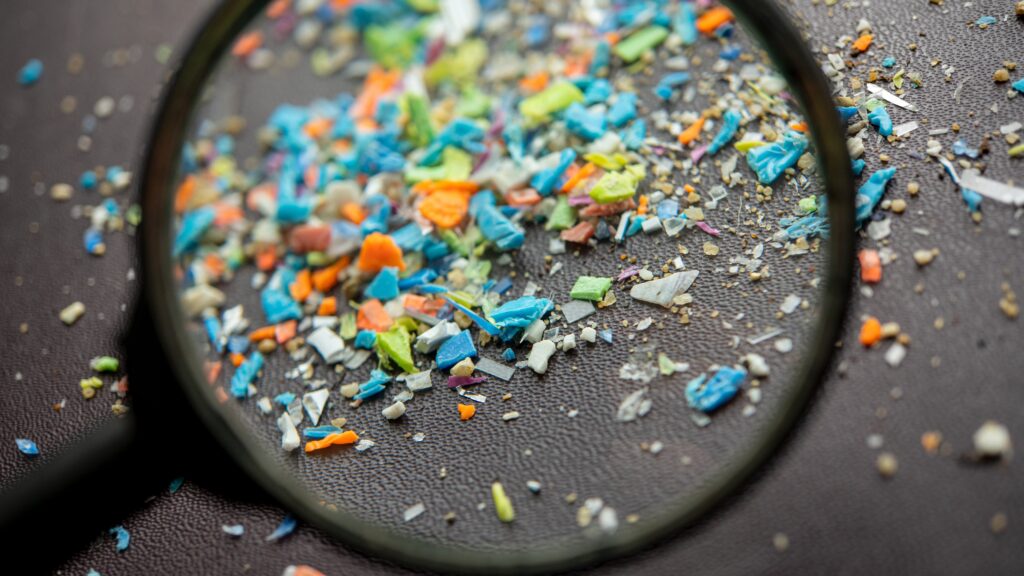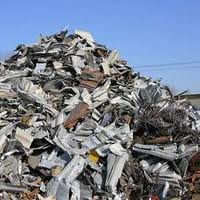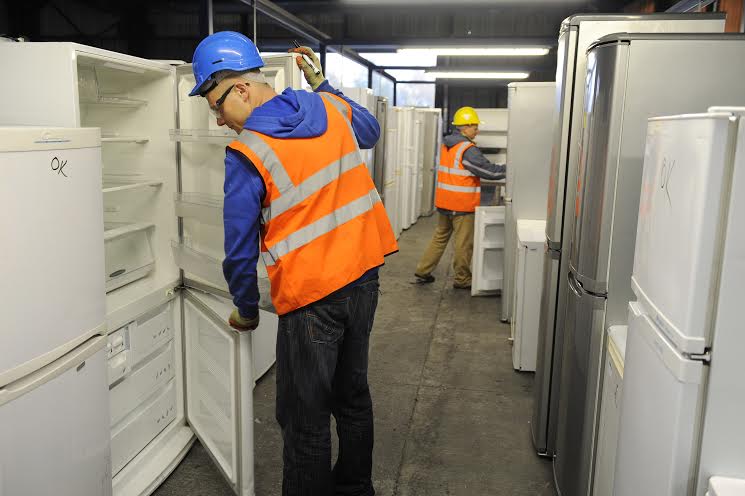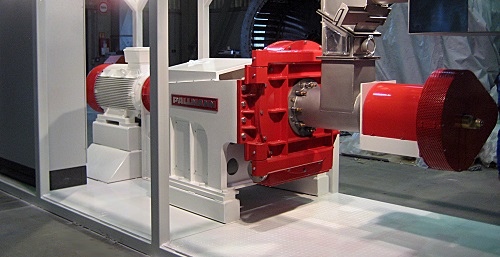A pilot study of plastics recycling suggests more effective filtration and further research is needed to prevent microplastic particles being released in the recycling process.
Scientists who sampled wash water from a modern, undisclosed recycling facility in the UK found the microplastics released in the water amounted to 13% of the plastic processed.
‘I was incredibly shocked,’ lead researcher Erina Brown was quoted in the Guardian. ‘It’s scary because recycling has been designed in order to reduce the problem and to protect the environment. This is a huge problem we’re creating.’
She is part of a team whose paper, ‘The potential for a plastic recycling facility to release microplastic pollution and possible filtration remediation effectiveness’ has been published in the Journal of Hazardous Material Advances. The report speaks of ‘a significant lack of understanding in recycling facilities of the pollution potential’ as well as the following conclusions:
- most of these particles are <10µm and are therefore environmentally relevant
- filtration removes most microplastics >5µm, with high removal efficiencies for microplastics >40µm
- microplastics <5µm were generally not removed by the filtration and subsequently discharged.
The scientists recommend additional filtration to remove the smaller microplastics prior to discharge being incorporated in the wash water management.
‘While it is acknowledged the results present insight into one recycling facility in one location, it highlights the need for further future research into considering the potential of plastic recycling facilities to be a point source of microplastic pollution,’ the report says. ‘The current process of recycling is a potential source of plastic pollution to the environment that it is designed to help prevent.’









